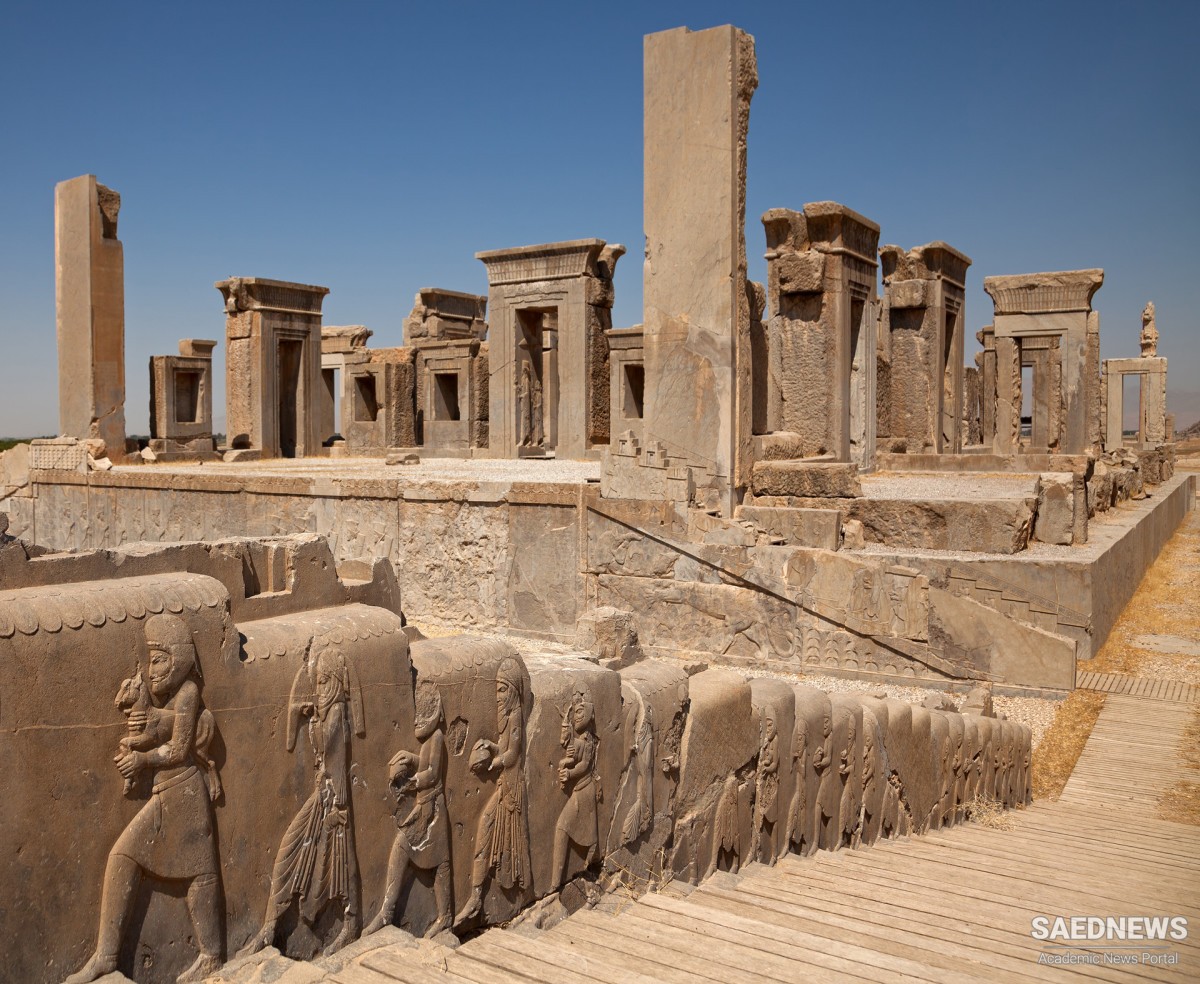Meanwhile, in 175 B.C., a grandiose personality, the Seleucid Antiochus IV Epiphanes, had seized the Syrian throne at Antioch to avenge the assassination of his brother Seleucus IV Philopator. Sensitive to the threat which the Parthians represented to his eastern provinces, he devised (if the thesis of Tarn be accepted) an elaborate scheme to restore the situation. In Bactria, he raised the formidable figure of Eucratides to expel the princes of the Euthydemid house who were no more than rebels in his eyes. As governor of Media he installed his powerful minister Timarchus, whose later alliance with Eucratides is evidenced by the parallelism of their coins. It was not until nearly eight years later, when the position of Eucratides was well established, that Antiochus himself moved to take charge of operations in the Seleucid east. He was successful in reducing King Artaxias of Armenia to vassalage, and the attribution of the name Epiphania to Ecbatana has been linked with his activity. None the less, the imprecision of the ancient sources makes it difficult to construct an intelligible narrative of his subsequent movements in Iran. He is said to have coveted the treasures of a temple of Artemis (Nanaia) in Elymais; to have tried to get possession of them by the device of a ritual marriage to the goddess, an expedient that had been employed elsewhere; to have been repelled by the indignant citizens; to have been driven out of Persepolis by a rising of the inhabitants; to have returned to Ecbatana, and to have been gravely injured in a fall from his chariot. Finally he is said to have died at Tabae, which must be corrected to Gabae, the old name of Jay, now a suburb of Isfahan. His death took place between 20 November and 18 December 164 B.C., and whatever the exact sequence of events during his last months, he was never in a position to embark on military operations against the steadily growing power of Parthia. Meanwhile Mithradates I, the real founder of Parthia as a major power, had ascended the Parthian throne, and was awaiting the time when his plans for the expansion of his kingdom could be put into effect. To the east he had to face the powerful Graeco-Bactrian ruler Eucratides.


 Seleucids and Greek Contribution to Ancient Persia
Seleucids and Greek Contribution to Ancient Persia














































